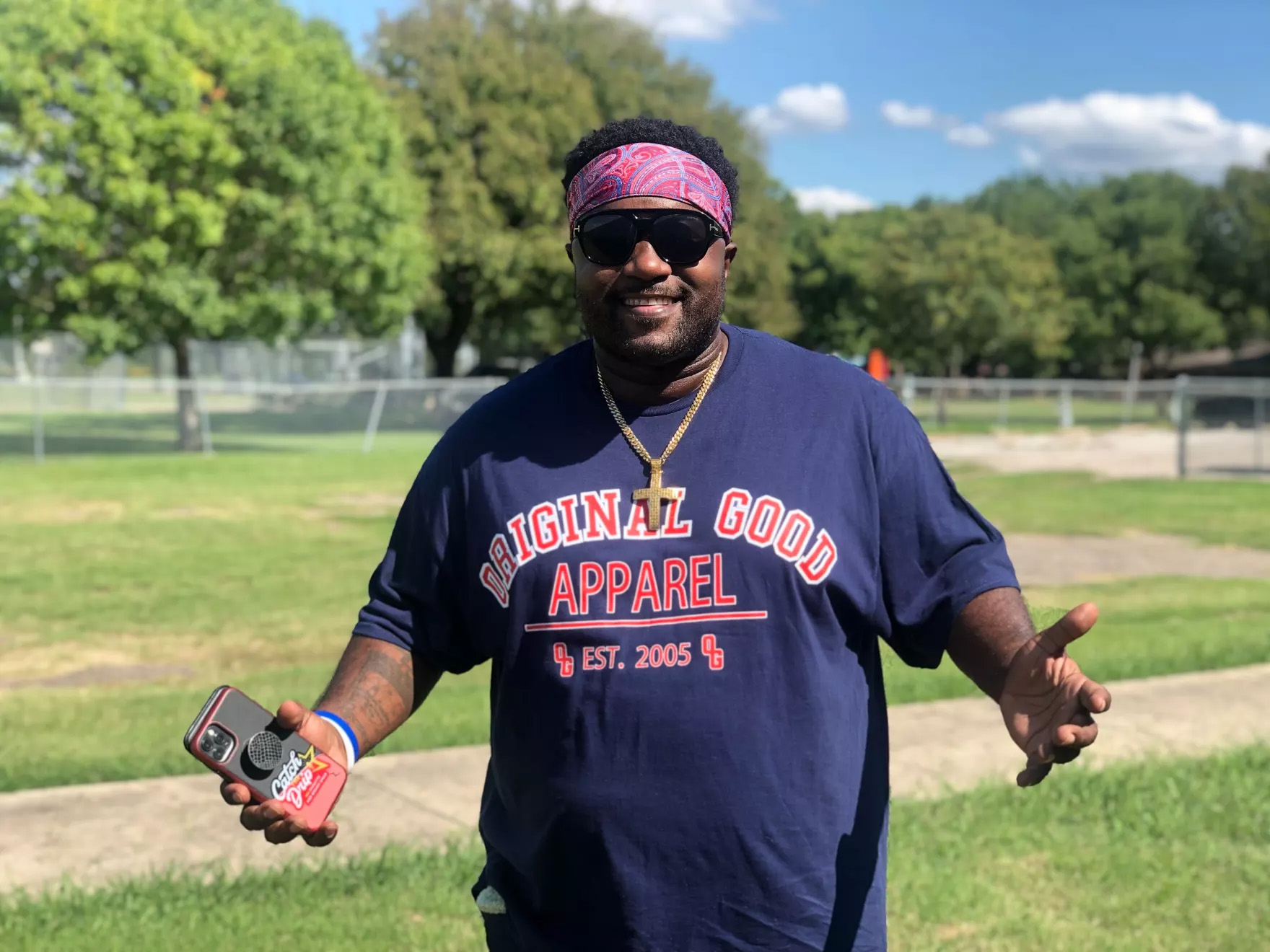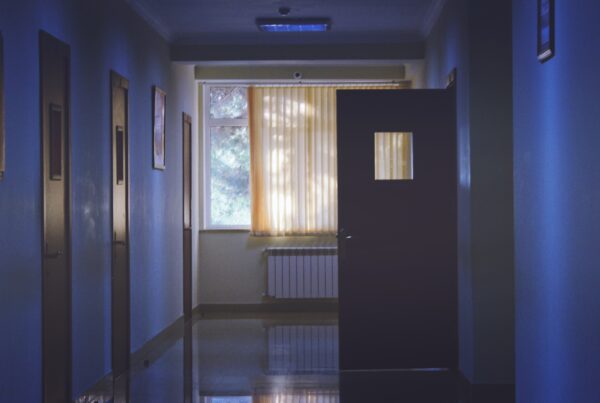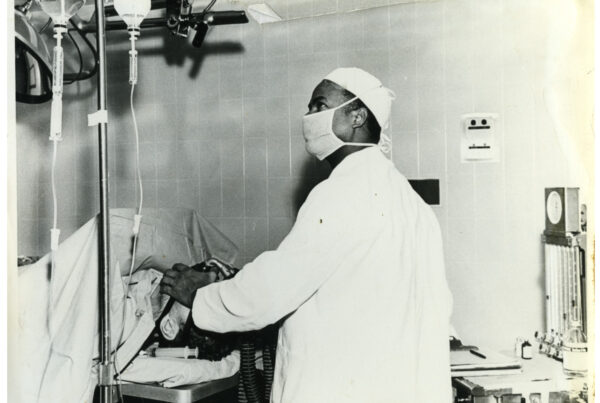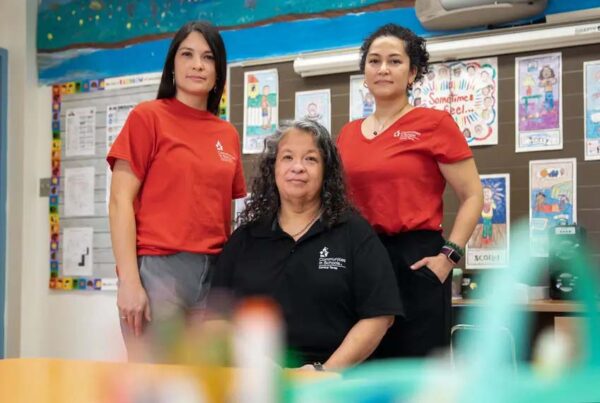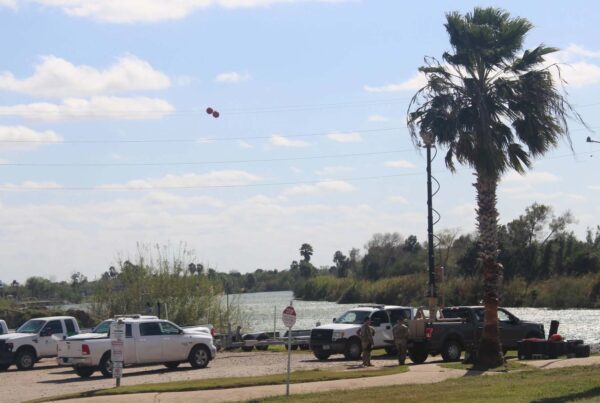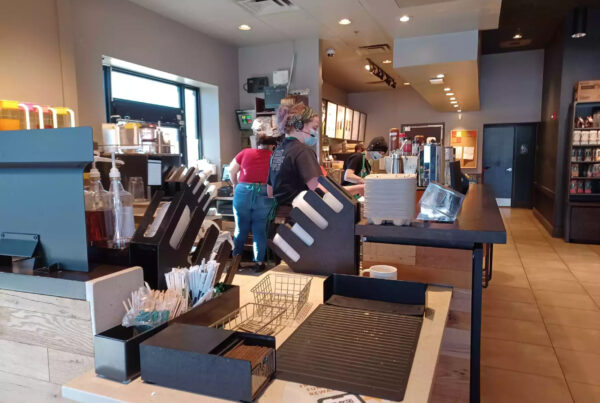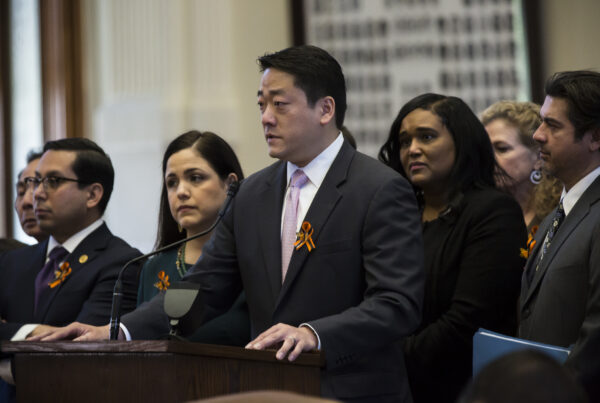From KERA:
Felton Jenkins sees himself in the youths he encounters through community work.
He watched his mother become addicted to drugs when he was 9. By the time he turned 12, he had become a gangster and a father. He sold drugs in order to afford groceries and rent.
Jenkins said his life could have played out differently if someone had helped him. Now, through community organizations and programs, he wants youths to get the kind of help he didn’t receive.
“I didn’t want that life. I’m gonna be honest, that was not my dream or my goal,” he said. “I believe in my heart it’s not the goals of these 12- or 13-year-olds out here now. It’s not their goal, but they don’t have another choice, and that’s what hurts.”
Jenkins and other community leaders around North Texas want to reverse the gun violence that hits Black and Latino communities hardest. Their approach: build and use relationships to stop conflicts before they turn deadly.
Black and Latino victims accounted for almost 90% of homicides involving a gun in Dallas, Tarrant and Collin counties during the first half of 2022, according to a KERA News analysis. And victims of color continued to be disproportionately represented in gun-related homicides throughout 2022.
Jenkins said children have even more access to guns now than they did during Jenkins’ 25 years as a gang member in South Fort Worth.
“They’re 13, 14 years old and they’re saying they’re OGs (“original gangsters”) in the community,” Jenkins said. “We never had that back in our day.”
Jenkins has worked with his community since his 2011 release from jail — first on murder charges that were dismissed, then on organized crime charges, according to Tarrant County records.
He’s the founder of G.A.N.G. Banging for Christ, a nonprofit that works in the community. Jenkins also leads the Boys2Men program at Morningside Middle School. The program offers support and services that students may not have access to at home.
“We are able to help them get haircuts. We are able to help them get coats. We are able to allow people to talk … to the boys about mental health issues, whatever peer pressure they’re going through,” Jenkins said.
Community organizers like Jenkins try to be mediators when tempers flare. They want to stop violence before happens. But there’s a risk. He said the rising number of guns in communities has made him more cautious when young people on the streets.
“It’s harder now to win some of these young men over with all of these guns because, in their head, you can’t tell them nothing,” Jenkins said.
Antong Lucky is a former gang member who heads Urban Specialists, a Dallas-based organization that tries to stop violence on the streets. It’s in cities across the country. He said he’s become more mindful of the “tightrope” that people walk in the debate about guns in Texas.
“We try to walk in the middle. We understand the 2nd Amendment, but we also understand that the violence and the access to guns in our community, in young people ending up with guns in their hands, it’s an issue that we need to address,” Lucky said.


